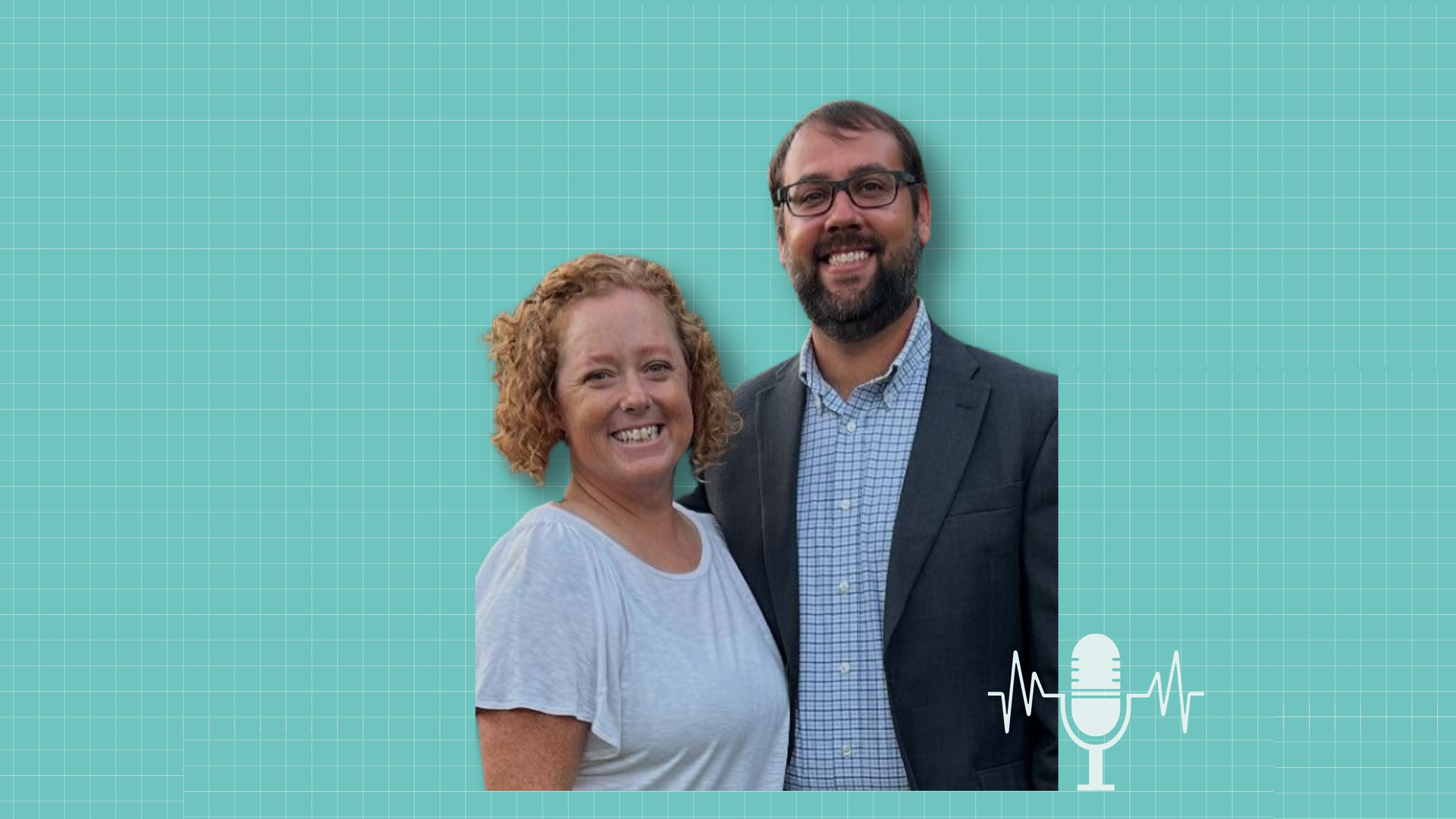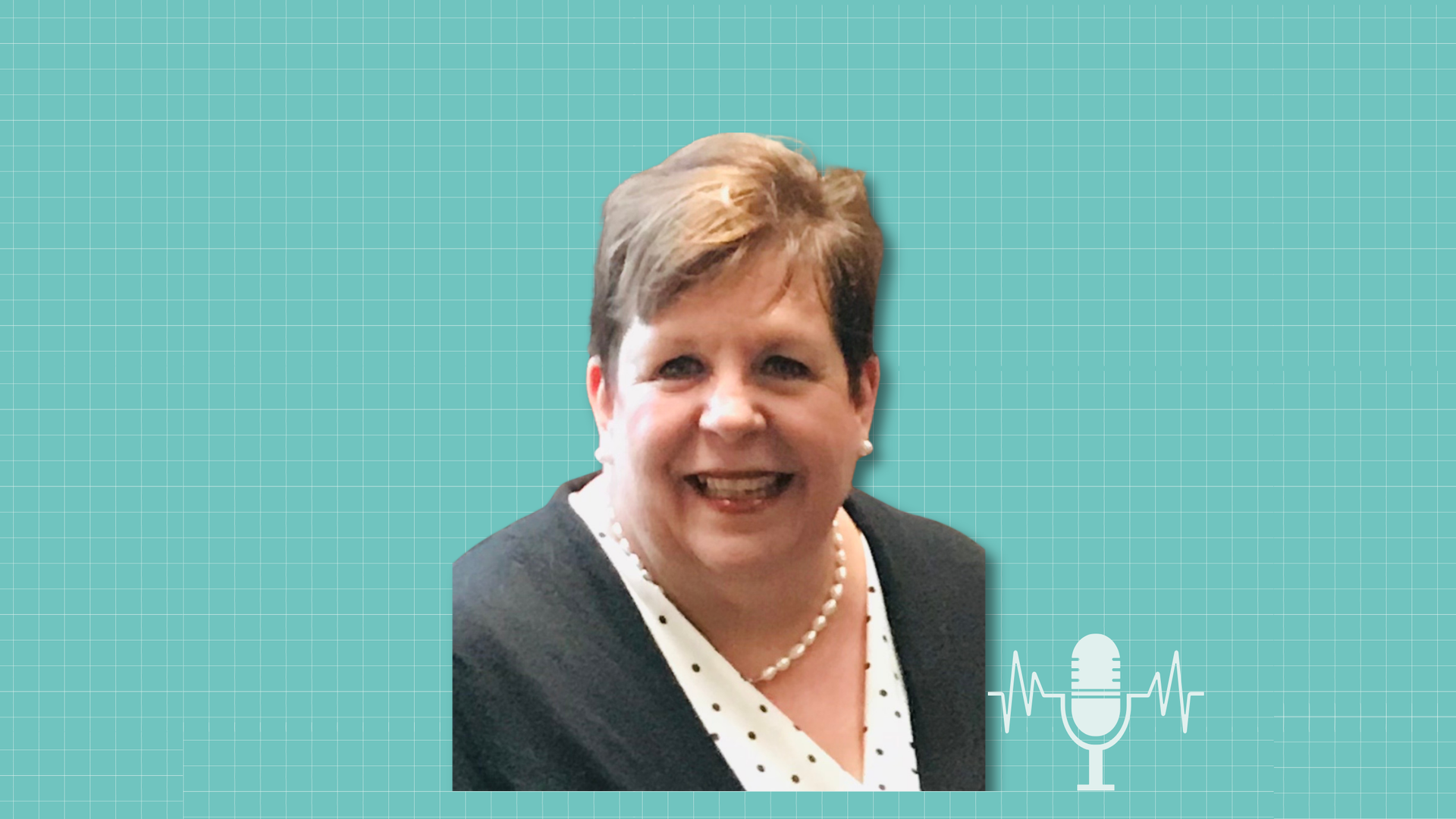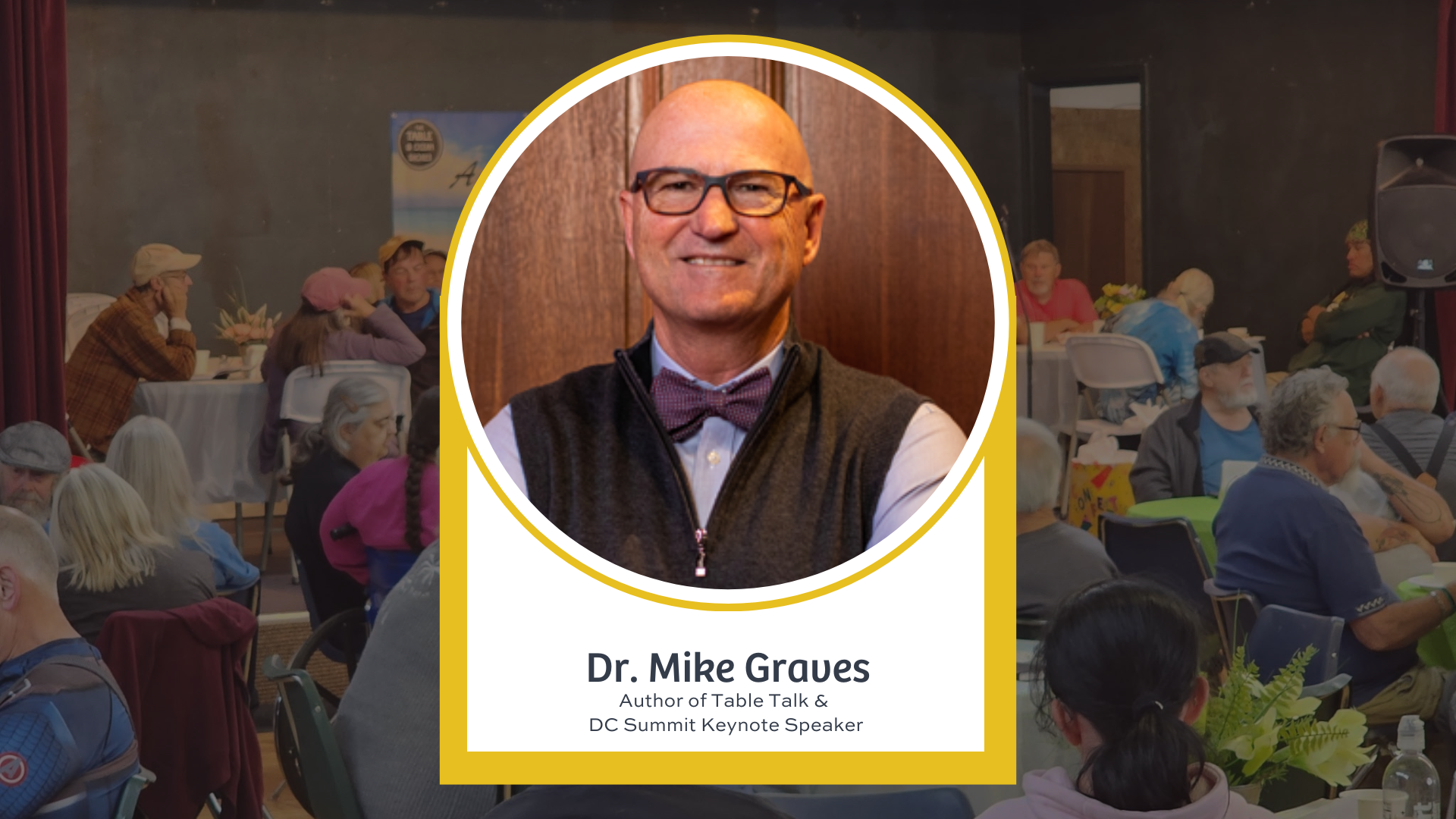Tables, Testimonies, and Transformation
Listen
Watch
Show Notes
In this episode, we hear from Jon Davis in Florida and Greg LeMaster in Virginia—two rural leaders using Dinner Church to reach their communities in powerful ways.
Jon shares how a simple outdoor meal in a town of 700 became a bridge across division. Greg describes how his church now gathers at fairgrounds and homes, empowers lay leaders, and even partners globally—all through the table.
From refugee connections to special needs ministries, these stories show how sharing food and faith can transform a community.
Greg LeMaster is a native of Roanoke, Va. Since becoming a member of Graceland Baptist Church in Powhatan VA in 1992 , Greg has served in various areas of ministry such as Deacon, Teacher, and Outreach Ministry to mention a few.
Jon Davis coordinates major Fresh Expression events, training and resources for the Dinner Church Collective and is a mission strategist and trainer on the Fresh Expressions team. He is an Episcopal priest serving as the part-time Rector of historic St. Mark’s Episcopal Church in Palatka, Florida.
Help us spread the word about the Rural Renewal podcast by subscribing and leaving us reviews on Apple Podcasts, Spotify, YouTube or wherever you enjoy your podcasts.
Related Resources:
Join our Facebook group: Rural Renewal Podcast Community
Email us: podcasts@freshexpressions.com
Interview Summary
“I just feel like I’m at home here.” – Michael, a Dinner Church guest
In a world where traditional church attendance continues to decline, a simple meal around a shared table is sparking revival in rural communities. This episode of the Rural Renewal Podcast explores the power of Dinner Church with two passionate leaders who are witnessing transformation—one plate and one conversation at a time.
Jon Davis, an Episcopal priest and member of the Fresh Expressions Dinner Church team, and Greg LeMaster, an outreach leader and long-time advocate for special needs and multicultural ministry, share their stories of launching Dinner Churches in small towns and seeing unlikely people find belonging, faith, and purpose.
From the islands of Florida to the hills of Virginia—and even into Nigeria—their insights offer encouragement, wisdom, and practical steps for anyone considering how to bring Jesus to the dinner table.
Listening to the Community: Start Where You Are
Both Jon and Greg emphasized one essential starting point for Dinner Church: context matters.
“We live together on this island… we shop at the same store… so how can we be a stronger community?” – Jon Davis
For Jon, launching a Dinner Church in Cedar Key—a town of 700—meant leaning into proximity. By gathering people who already lived close to one another, Jon’s team emphasized the power of shared life and mutual care. Similarly, his current Dinner Church in Palatka focuses on neighbors within walking distance of the church.
Greg’s outreach emerged from personal experience: “My son is autistic, so that was the lead-in.” What began as a special needs gathering in his home expanded into services at a public library, then his church. Every effort started with a genuine need in the community and a desire to build bridges.
Reimagining Church Around the Table
Dinner Church isn’t a new program—it’s a reorientation of what church can be. Instead of expecting people to come into the sanctuary, leaders bring the Gospel to where people are.
“We need to be willing to call Dinner Church a church… a true ecclesia… gathered around the table.” – Jon Davis
At Palatka’s neighborhood dinner gatherings, Jon has seen around 30% of attendees be unchurched or previously disconnected from faith communities. The relaxed atmosphere and focus on Jesus stories—not sermons—help people feel at ease.
Greg echoed this, sharing how their Friday night house church brought together Nigerian and Jamaican families. For some participants, the meal is the best they eat all week. But it’s more than physical nourishment:
“They’re hungry for the Gospel. They may not know it, but they are. As soon as they taste it, they know—that’s what I’ve been craving.” – Greg LeMaster
Lay Empowerment and Family Involvement
One of the most powerful insights from both leaders was how Dinner Church empowers others to share and lead.
“You don’t have to do it all. Get your laity involved. … I tell pastors: Ask someone to share a Jesus story. You’ll be surprised—they’ll rise to it.” – Greg LeMaster
This simple shift—inviting everyday people to read scripture, pray, lead discussions, or offer testimony—has opened the door for greater participation and spiritual growth.
Dinner Church also breaks down generational silos. Greg described families sitting together, children engaging with Bible coloring books while still absorbing and responding to the Jesus stories. The intergenerational nature of Dinner Church allows faith to be experienced communally and naturally.
Feeding Bodies and Souls—Locally and Globally
Perhaps the most surprising moment of the podcast was Greg’s testimony of how a simple house church in Virginia grew into a global movement:
“We sent a Dinner Church book to Nigeria… now they’re feeding 750 people, and over 200 have given their life to Christ.” – Greg LeMaster
From Zoom calls across continents to local partnerships with food-insecure families, the table has become a space of global mission. The impact of a consistent, loving presence is multiplying in ways no one expected.
“I don’t know why every church isn’t doing something like Dinner Church.” – Jon Davis
Dinner Church is not about building attendance—it’s about building relationships. It’s not about watering down the Gospel—it’s about delivering it in accessible, beautiful ways. Whether on a front porch, in a fellowship hall, or at a community center, the table offers space for healing, connection, and transformation.
“Our goal is to love on people with the love of Jesus. And I really believe people are starved for that relationship.” – Greg LeMaster
Reflection Questions
- What unique needs or opportunities exist in your community that a Dinner Church could meet?
- Who are the neighbors within walking distance of your church—and how might you invite them to the table?
- What does it mean to reimagine “church” as a meal-based gathering?
- What assumptions might you need to release to embrace a different way of doing church?
- What stories from Jon or Greg’s ministry most resonated with your own context?
- How could a shared meal break down barriers in your divided or isolated community?














